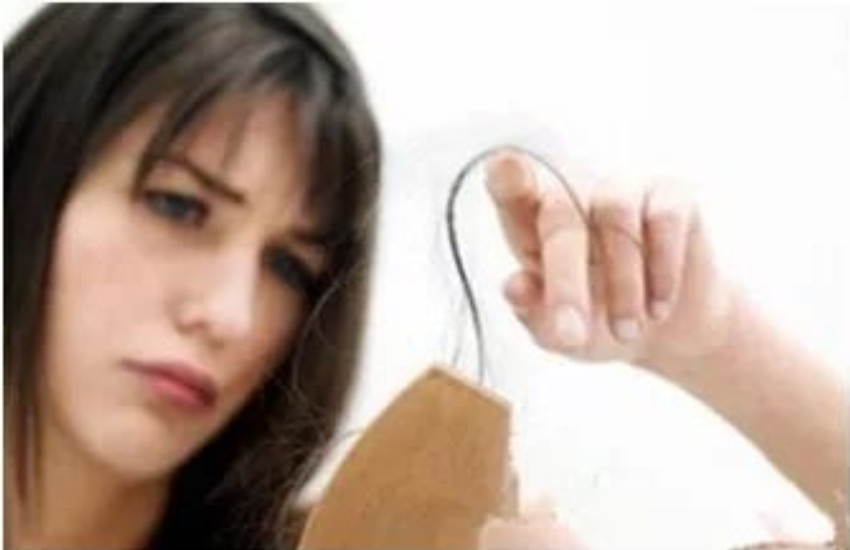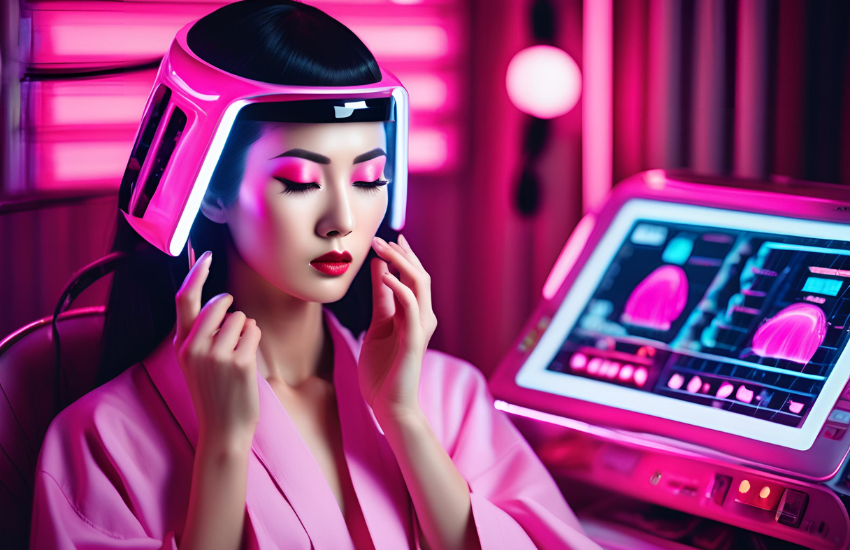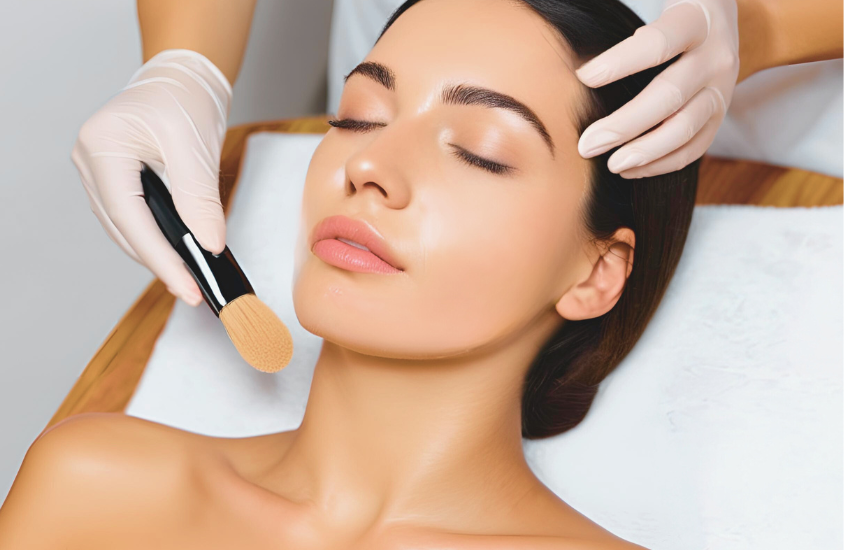
Hair loss. This can be a problem for some of us as we get older. Perhaps you used to have no qualms tying your hair into a tight ponytail, but today, the aspect of losing a few strands of hair makes you hesitate. Or, you could dye or treat your hair however much you liked, without a worry in the world. But, the good news is that most hair loss issues are temporary and reversible, with some going away by themselves, and others easily managed with the right treatment. In this article, we discuss common hair loss conditions, and ways to manage them.
Seborrheic Dermatitis
This is a chronic skin condition that results in patches of red, flaky and greasy skin. When it affects the sculpt, it can lead to dandruff. While this condition generally does not cause hair loss, it can cause excessive scratching and in turn, lead to hair loss. The extra oil can trigger an overgrowth of something called malassezia which can cause inflammation, making it harder for hair to grow. The good news is that the condition does not cause permanent hair loss, and treatment is relatively straightforward – doctors mainly prescribe medicated shampoos, creams and lotions to their patients.
Weight loss-induced hair loss
We may lose weight for many reasons, lifestyle changes, a new diet, health-related issues, or stress. Weight loss can result in nutrient deficiencies, which can reduce nutrient distribution to your hair as your body fights to send nutrients to important organs. It is therefore important to lose weight in a healthy and sustainable manner, and seek help if you notice any issues.
Traction Alopecia
This type of alopecia is one that is caused by repeated pulling of your hair – it can develop if you often wear your hair in a tight ponytail, bun, or braids. The condition can be reserved if you stop pulling your hair back; it can also become worse if your hair follicles become damaged to the point of not being able to produce new hair.
Stress-induced hair loss
When our body produces negative emotions such as anxiety, depression, and fear, the adrenal glands secrete something called "cortisol". The more stressed people are, the easier it is to secrete cortisol. Cortisol goes to the hair follicle, the hair will enter a dormant period, and the hair will naturally fall out. This can sometimes become a vicious cycle, as hair loss can further intensify stress and anxiety. Fortunately, stress-related hair loss is reversible.
Postpartum hair loss
Many new mothers notice some significant hair loss a few months after having a baby. Such hair loss happens due to hormonal change. This typically goes away as hormone levels in the body gradually return to normal.
Seasonal hair loss
Like seasonal allergies, seasonal hair loss can happen when the change in temperature places stress on the scalp and hair follicles. When this happens, hair can fall out faster, and in larger quantities than usual. In countries with seasonal climates, this unusually happens towards the end of the year, and hair growth goes back to normal levels over the next few months.
What can you do to prevent hair loss?
While some forms of hair loss are inevitable, there are also ways that you can reduce your likelihood of losing more hair than normal.
Sleep well
Regular and adequate sleep can ensure the normal secretion of hormones in the body, make the skin and hair carry out good metabolism, and effectively alleviate hair loss.
Maintain a balanced diet
Diet has a great impact on hair health. It is recommended to eat less greasy, polysaccharide and spicy foods; increase the proportion of grains, vegetables, and fruits in the diet, and increase high-protein foods.
Quit smoking
Smoking can potentially damage your hair follicles, thereby increasing your risk of developing hair loss. Studies have uncovered various reasons, such as 1.free radical damage to the hair follicle and 2.interference with the hair growth cycle.
Avoid excessive sun exposure
While some sun exposure is good for overall health, including hair health, too much prolonged UV exposure can damage your scalp. Additionally, sunburn on the scalp can also result in inflammation that could hurt your hair follicles.
Most hair loss conditions are temporary and reversible, and go away with the right lifestyle changes and treatment. However, some conditions do not go away and some may opt for hair transplants – that is, where surgeons replace balding areas with hair from donor hair. If you’re looking to regain your crowning glory, Precious Medical has the hair transplant technology, equipment and medical expertise to help!
Reference:
https://www.healthline.com/health/seborrheic-dermatitis-hair-loss
https://www.mayoclinic.org/diseases-conditions/seborrheic-dermatitis/symptoms-causes/syc-20352710
1.https://www.ncbi.nlm.nih.gov/pmc/articles/PMC9069908/
2.https://pubmed.ncbi.nlm.nih.gov/12673073/




